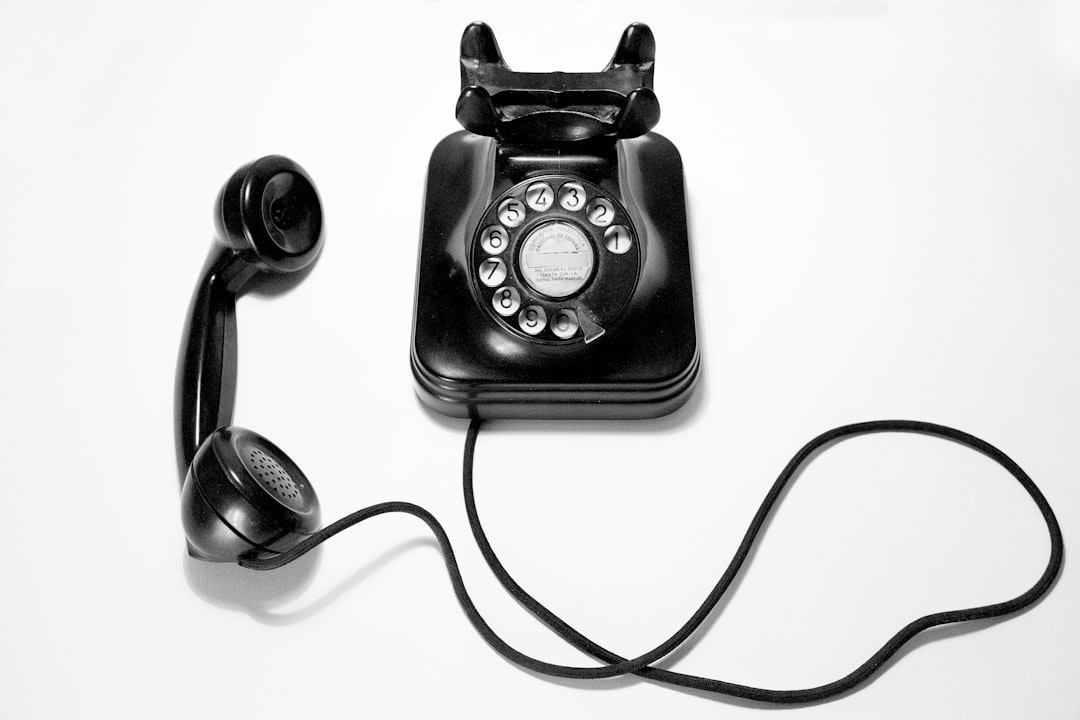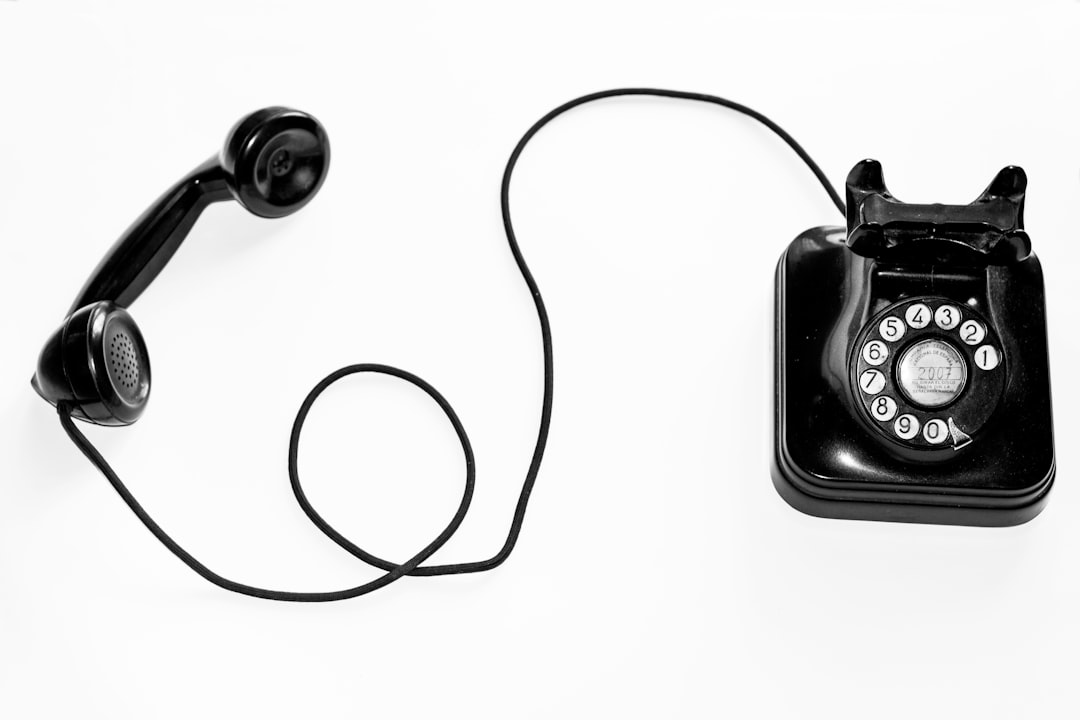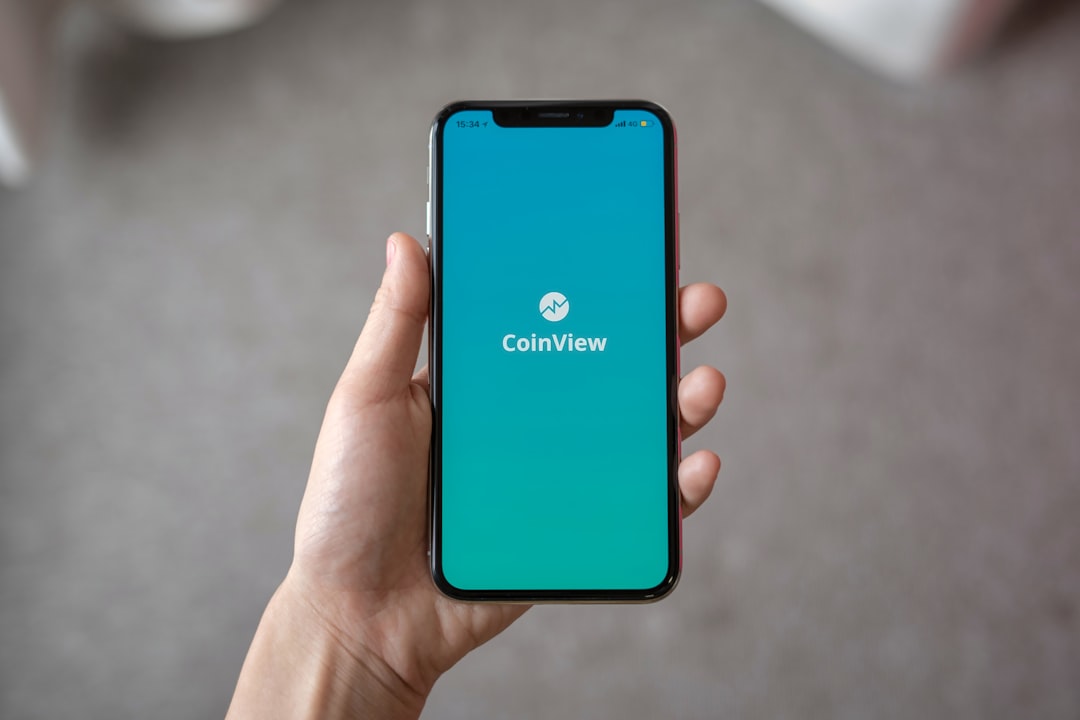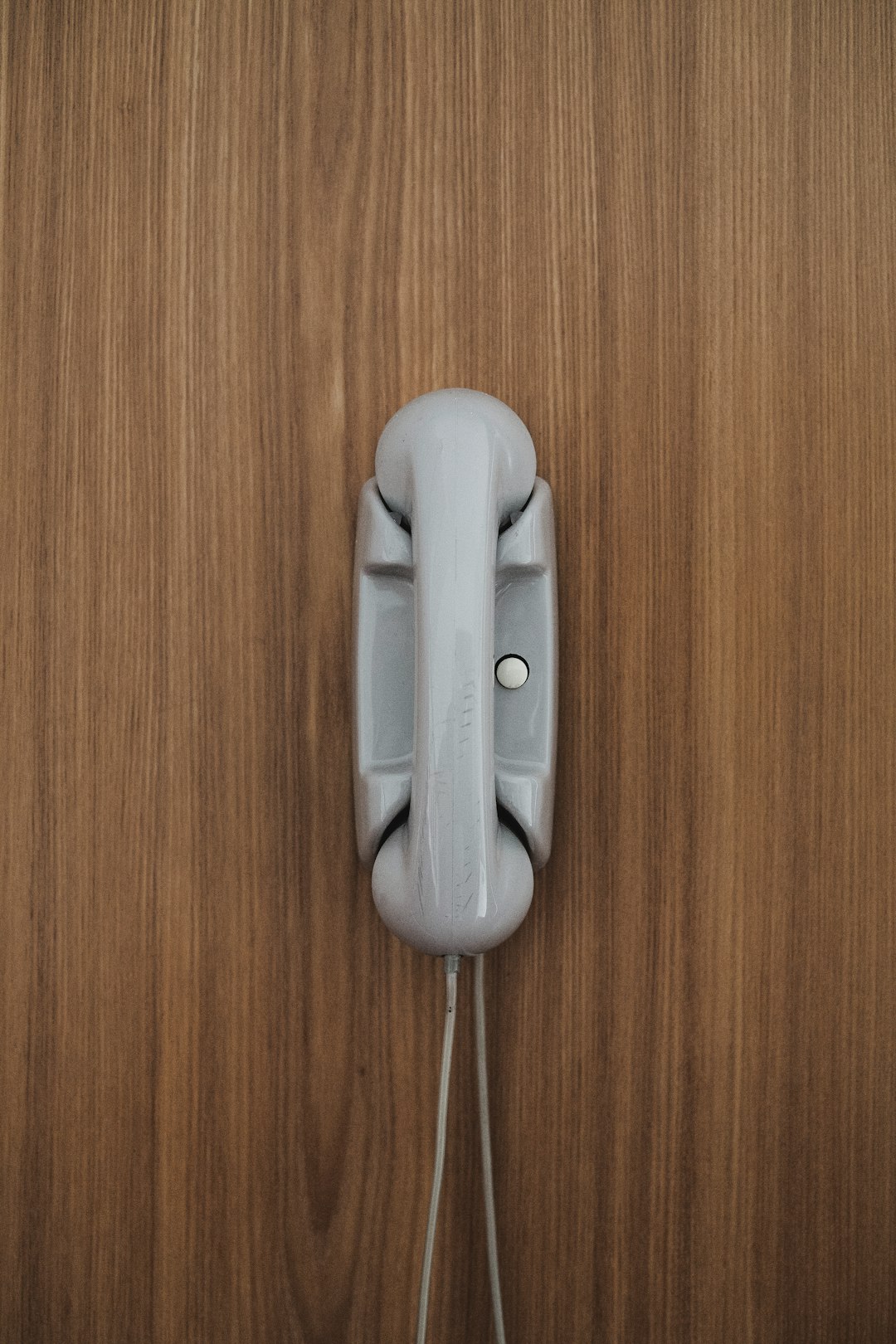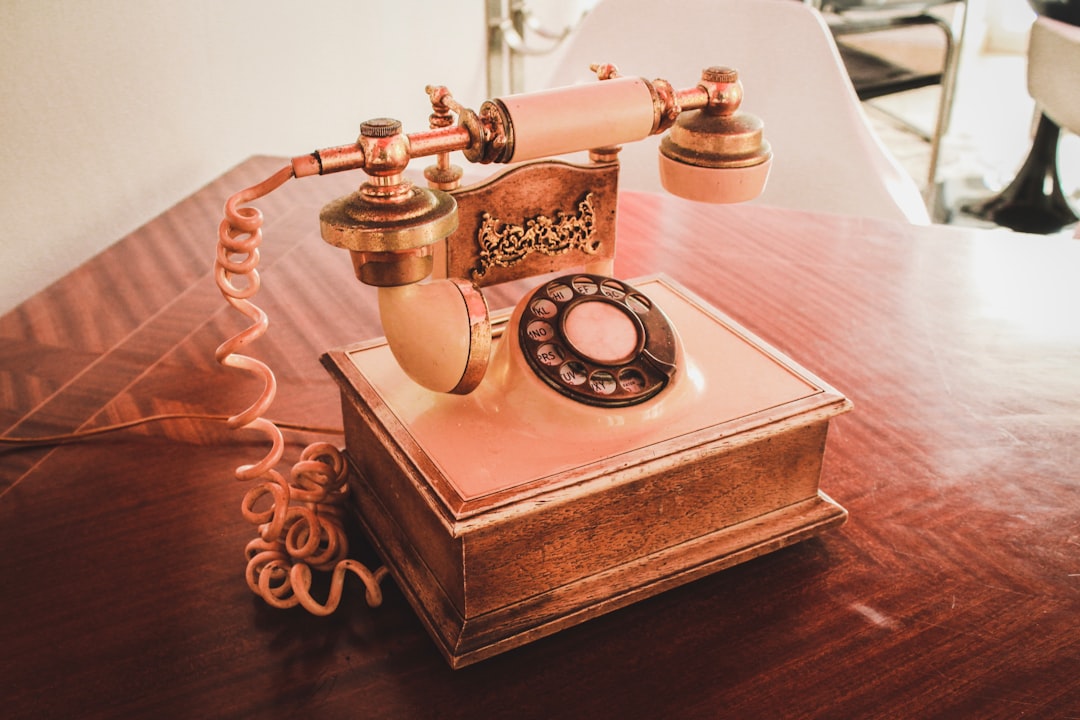Utah's strict Do Not Call Laws protect residents from intrusive telemarketing by prohibiting automated calls to registered numbers, unless consent is given or exempt. Non-profit organizations, government agencies, and prior consent are exempt from these rules. Violations can result in penalties, with enforcement handled by the Utah Department of Commerce and local law enforcement, who investigate complaints and issue citations. These measures ensure compliance, safeguard privacy, and protect Utah residents from unwanted robocalls.
In today’s digital era, robocalls have become a ubiquitous yet often nuisance aspect of daily life. To combat this, understanding Utah’s specific regulations on robocalls under its Do Not Call Laws is crucial. This article breaks down what these laws entail, outlines Utah’s unique restrictions, explores exemptions and permitted calls, and details how to enforce and report violations. By familiarizing yourself with these guidelines, you can better navigate the landscape of communication preferences in the Beehive State.
What Are Do Not Call Laws?

Do Not Call Laws, or DNC laws, are regulations designed to protect consumers from unsolicited phone calls, often known as robocalls. In the context of Utah law, these restrictions aim to curb excessive marketing calls and give individuals control over their communication preferences. The primary goal is to ensure that residents can enjoy peace and quiet without being bombarded by unwanted telemarketing messages.
Under Utah’s Do Not Call Laws, businesses are prohibited from making automated or prerecorded phone calls to telephone numbers listed on the state’s “Do Not Call” registry. This registry is a list of individuals who have opted-out of receiving such calls, and it’s compiled based on consumer choices. Compliance with these laws not only avoids potential penalties but also fosters a better relationship between businesses and consumers by respecting personal privacy and communication preferences.
Utah's Specific Regulations on Robocalls

Utah has specific regulations in place to protect residents from unwanted robocalls, often referred to as Do Not Call Laws. These laws are designed to give Utahns control over their phone communications and reduce the number of unsolicited calls they receive. The state’s rules are more stringent than many federal guidelines, demonstrating Utah’s commitment to citizen privacy and safety.
Under these regulations, businesses and organizations are prohibited from making automated telemarketing calls to residents unless they have prior consent. This means that if you haven’t given explicit permission for a company to contact you using robocall technology, such calls are illegal. Utah’s Do Not Call Laws also empower individuals to register their phone numbers on the state’s official Do Not Call list, effectively blocking most automated and unsolicited calls.
Exemptions and Permitted Calls

Utah’s Do Not Call laws are designed to protect residents from unwanted telemarketing calls, but there are exemptions and permitted calls that businesses should be aware of. Some calls are allowed despite being outside the usual business hours, such as those from non-profit organizations, government agencies, or when the caller has obtained prior express consent from the recipient. This consent can be in the form of a signed authorization or through other clear indications of interest.
Additionally, certain types of calls are exempt from the strict Do Not Call rules. For instance, calls made for collection of a debt, or those related to public safety and health matters, are generally permitted. Businesses engaging in these activities must still comply with specific guidelines to ensure they respect the privacy and preferences of Utah residents, but these exemptions highlight the nuanced nature of telemarketing regulations under Utah law.
Enforcing and Reporting Violations
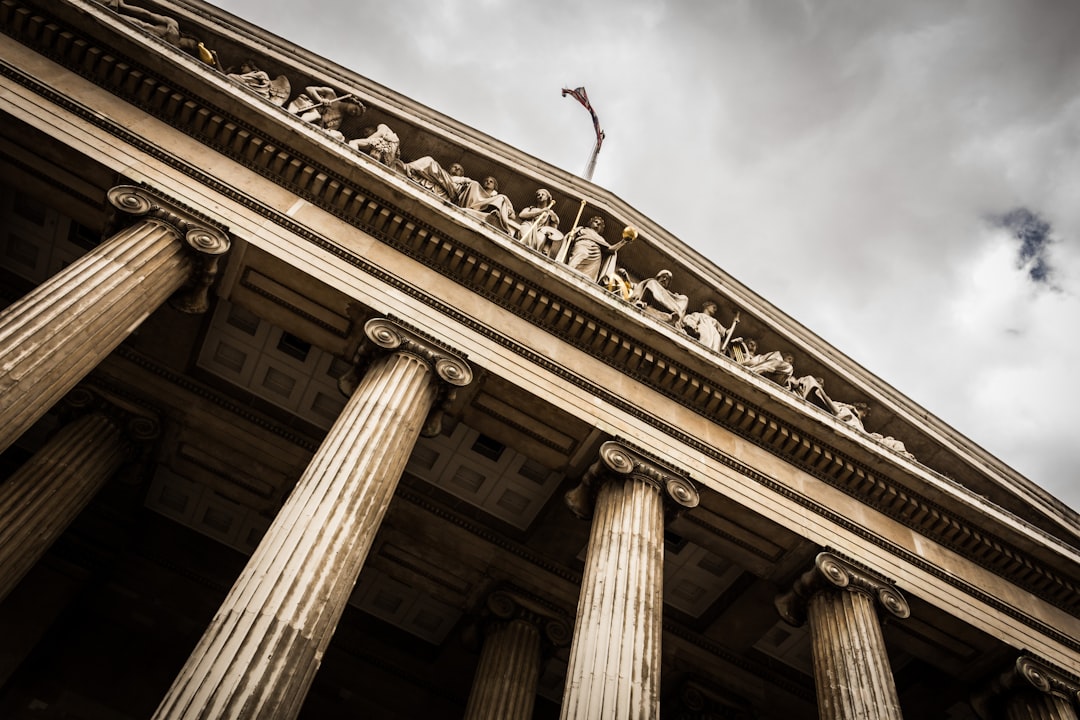
Enforcing and reporting violations of Utah’s Do Not Call laws is a crucial aspect of protecting citizens from unwanted phone calls. The state has established mechanisms to ensure compliance, including designated enforcement agencies that monitor and investigate complaints. If a caller violates the law by making unsolicited calls to individuals or businesses listed on the Do Not Call list, affected parties can file a complaint with the Utah Department of Commerce or local law enforcement.
These authorities have the power to issue citations and fines to non-compliant call centers and telemarketers. The process involves gathering evidence, such as call records and caller information, to substantiate the violation. Once confirmed, violators may face penalties, which can include monetary fines and legal repercussions. Effective reporting and enforcement play a vital role in upholding Utah’s Do Not Call laws, ensuring that residents’ privacy is respected and their rights are protected from intrusive phone marketing practices.

